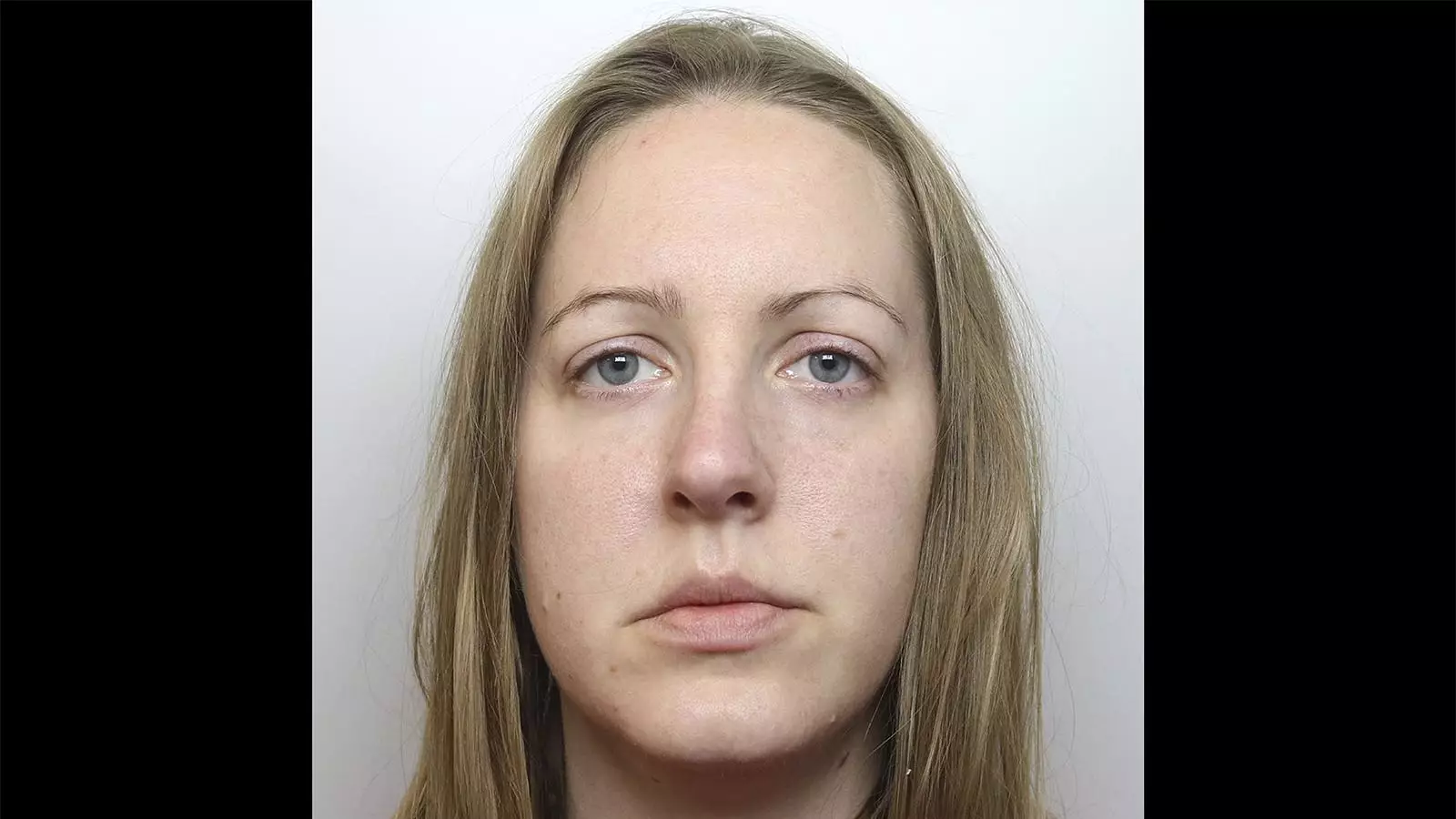The highly publicized case of Lucy Letby, a former neonatal nurse convicted for the deaths of seven infants, has taken an unexpected turn as new developments emerge regarding the key evidence used in her prosecution. Letby, who maintained her innocence throughout her trials, has been serving multiple life sentences without the possibility of parole since her convictions were handed down. As her defense team prepares to challenge the validity of her convictions, the implications of evolving expert testimony raise significant questions about the reliability of the justice system.
This article delves into the complexities of Letby’s case, the new expert findings, and the broader discussions they prompt concerning the use of expert testimony in legal proceedings.
Central to Letby’s prosecution was the testimony of Dr. Dewi Evans, a leading expert whose opinions were pivotal in linking the nurse to the deaths of three specific infants. Recently, Dr. Evans reconsidered his position, which has put the credibility of his original testimony into question. Mark McDonald, Letby’s attorney, has asserted that this reversal significantly undermines the foundation of the prosecution’s case, arguing that the reliability of Dr. Evans as a forensic witness is now in doubt.
McDonald indicates that, in light of this new development, the defense intends to petition an appeals court to reassess the convictions. The legal team’s argument centers around the notion that if the key prosecution expert is not credible, then the entire set of convictions lacks a safe foundation. This plea to reopen the case is both rare and highly contentious, reflecting the intricacies and potential pitfalls of expert reliance in courtroom settings.
Reactions from the Prosecution
In response to the defense’s claims, the Crown Prosecution Service (CPS) has robustly defended the integrity of the initial convictions. They assert that Letby’s case underwent thorough scrutiny through two juries and three appeal court judges, who evaluated a diverse range of evidence before arriving at their decisions. The CPS’s position emphasizes the multi-faceted nature of the evidence against Letby, including methods that purportedly involved injecting air into the bloodstream of infants, administration of insulin, and tampering with ventilation equipment.
This counterargument underlines a key element in judicial processes: the weight of evidence viewed by multiple authorities. The CPS’s defense illustrates the challenge the defense will face in persuading the court to alter previously settled outcomes.
The current discourse surrounding Letby’s case highlights a growing concern among medical professionals and legal experts regarding the vulnerability of legal systems to errors, particularly in cases reliant on technical expertise. An inquiry probing systemic failures within the medical establishment, particularly focused on public health and safety protocols, has been initiated. This inquiry seeks to understand the reasons behind the prolonged period of time it took to identify issues within the neonatal unit and the consequent implications for the legal proceedings against Letby.
As part of her defense strategy, 15 medical experts from across the globe are actively reviewing trial evidence in hopes of uncovering further inconsistencies or possible errors. This collective effort points to an emerging trend where experts in medicine and law are encouraged to collaborate more closely to bolster the integrity of judicial outcomes.
Letby’s case opens a broader discussion about the philosophical implications of guilt and innocence within the judicial process. While she has consistently maintained her innocence, the complexities surrounding her conviction raise critical questions about how evidence should be interpreted, especially in cases involving medical professionals and vulnerable populations. The notion that a conviction can be based on expert testimony that can ultimately be discredited showcases potential flaws in relying heavily on specialists whose assessments are intrinsically subjective.
Legal experts note that it is rare for expert witnesses to revise key components of their testimony, particularly in high-stakes cases like Letby’s. As legal representatives consider pathways to face these challenges, the evolving landscape of expert testimony may reshape standards in future prosecutions.
As Lucy Letby’s appeal prepares to open new chapters in her legal saga, it underscores the fragile balance between justice and expertise within criminal proceedings. The forthcoming inquiries, evaluations by additional medical professionals, and the ongoing discourse regarding the integrity of expert witnesses signal a pivotal moment not only for Letby but for the legal system as a whole. It remains to be seen whether this case will reshape the treatment of expert testimony in the courts, but the questions it raises about fidelity and fallibility in justice are certain to resonate within legal and medical communities for years to come.


Leave a Reply